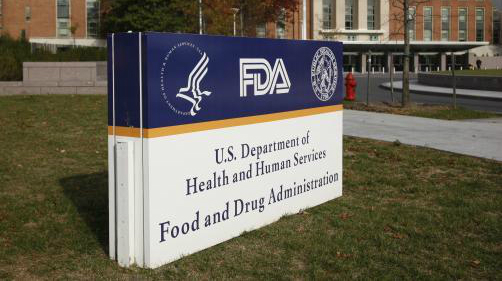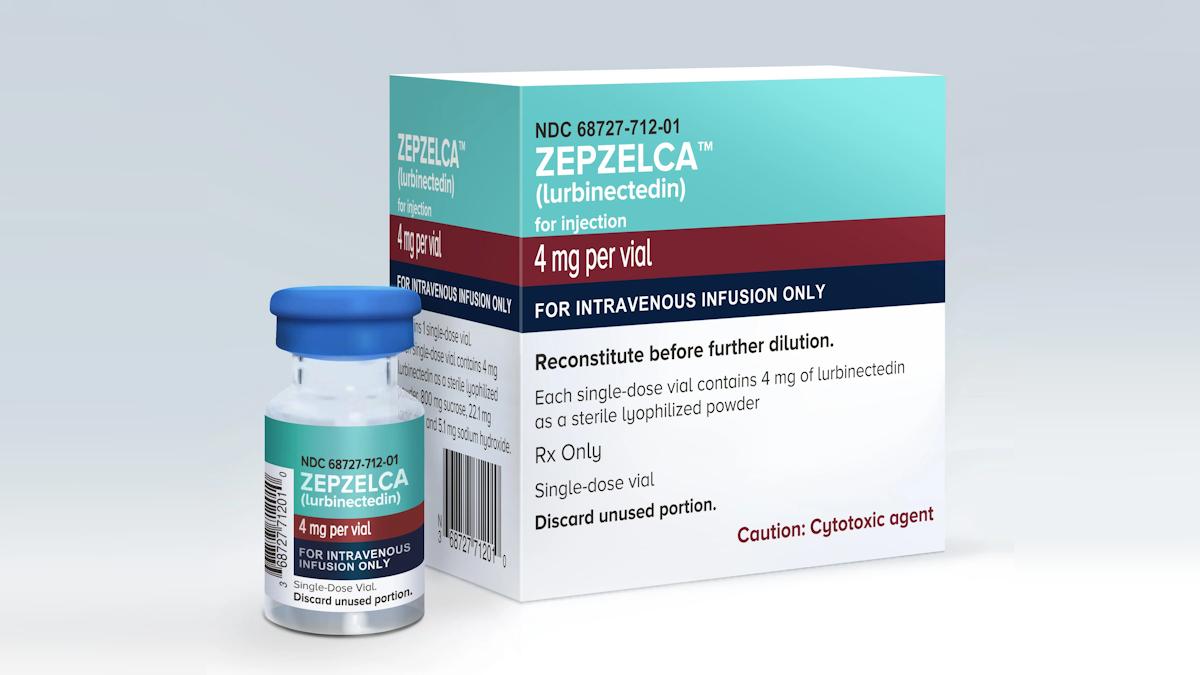Priority review voucher prices fall again after Spark's $110m sale

Spark Therapeutics has sold a priority review voucher, entitling the holder to a faster six-month FDA drug review, to Ireland’s Jazz Pharmaceuticals for $110m, a fraction of the price these documents once commanded.
Under FDA rules, companies that develop a drug or biologic for a rare paediatric disease may qualify for a voucher, which can be redeemed for a priority review of a drug filing.
Priority reviews are usually reserved for badly-needed drugs for serious diseases, but the vouchers shave four months off the FDA review period for any drug, which could be worth millions of dollars in extra sales.
As the priority review vouchers (PRVs) can also be sold on to other companies, a second market for the vouchers has emerged.
Spark got its priority review voucher for getting its eye disease gene therapy Luxturna approved late last year, and the FDA had issued 19 such vouchers for paediatric rare diseases, under a separate tropical disease scheme.
But the $110m price indicates that the market for these vouchers is in decline. The highest price paid for a priority review is $350 million in August 2015, when United Therapeutics sold its voucher to AbbVie.
And in May 2015 Retrophin sold a PRV, originally transferred from Asklepion Pharma, to Sanofi for $245 million.
But since then the prices paid for vouchers have fallen – Sarepta sold a voucher to Gilead for $125 million in February 2017, according to a round-up published by the US Regulatory Affairs Professionals Society.
In December last year Ultragenyx sold a voucher to Novartis for $130m, although the lowest price ever paid was $67 million by Sanofi and Regeneron in 2014, for a voucher awarded to Biomarin, the first transaction of this kind.
Joseph La Barge, chief legal officer, Spark Therapeutics, said: “The sale of our PRV will provide an influx of capital to reinvest back into the research and development of our robust pipeline of investigational gene therapies that may provide benefits for people with limited treatment options.”
There was no immediate word from Jazz about how it planned to use the voucher, although the company may opt to use them for fast review of one of its phase 3 pipeline products, such as its treatments for hepatic veno-occlusive disease and narcolepsy with catalepsy in phase 3.
The FDA is also implementing a priority review voucher scheme for “material threat countermeasures” – which are drugs or therapies that could help stave off a public health emergency in the event of a terrorist attack, or naturally occurring disease.
With the vouchers becoming more common, the prices could slip further.












